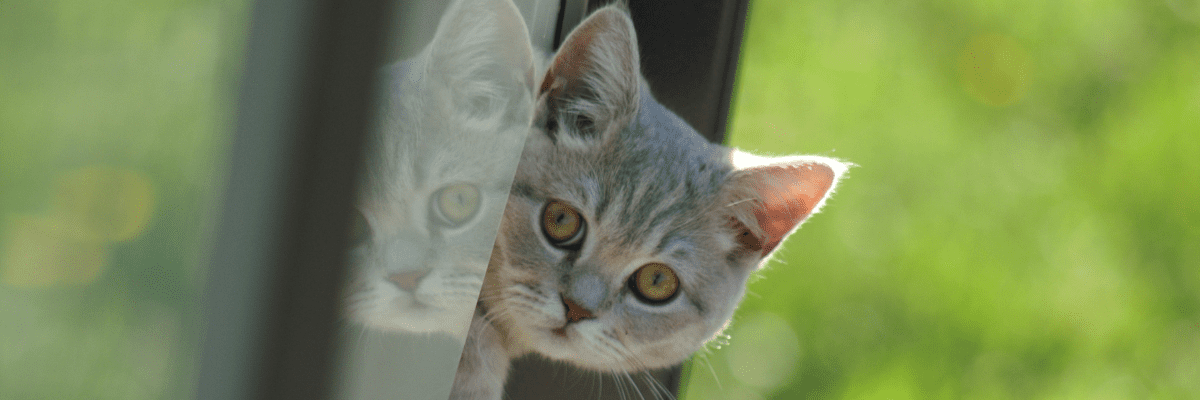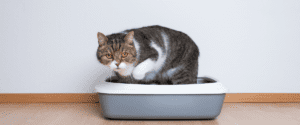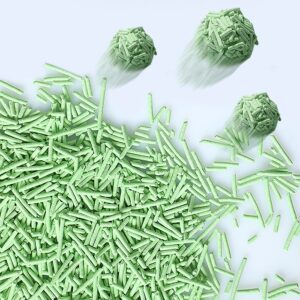Introduction
In recent years, the environmental impact of traditional clay-based cat litter has become a growing concern. As pet owners strive to minimize their carbon footprint, plant-based cat litter has emerged as an eco-friendly alternative. This article aims to delve into the world of plant-based cat litter, highlighting its benefits for both feline companions and the planet. From sustainable sourcing to improved odor control, plant-based cat litter offers a plethora of advantages that make it a worthwhile choice for conscientious pet owners.
- Sustainable Sourcing
One of the primary advantages of plant-based cat litter is its sustainable sourcing. Unlike traditional clay litter, which requires extensive mining and consumes valuable natural resources, plant-based alternatives are often derived from renewable materials. These may include corn, wheat, soybeans, or other plant fibers. By opting for plant-based litter, pet owners can reduce their reliance on non-renewable resources and contribute to a more sustainable future. - Biodegradability and Compostability
Another significant benefit of plant-based cat litter is its biodegradability and compostability. When disposed of in composting facilities or in specific municipal waste streams, plant-based litters break down naturally, returning to the earth without causing harm to the environment. This is a stark contrast to clay-based litters, which remain in landfills for centuries, contributing to waste accumulation. - Dust Control and Allergen Reduction
Plant-based cat litters often offer superior dust control compared to their clay counterparts. Clay litter can generate fine dust particles that pose respiratory risks to both cats and their owners. Plant-based litters, on the other hand, are typically low in dust and minimize the inhalation of potentially harmful particles. This quality is particularly beneficial for cats with respiratory sensitivities or allergies, providing a healthier and more comfortable litter box experience. - Odor Control and Absorbency
Plant-based cat litters excel in odor control and absorbency, offering a more pleasant environment for both cats and their human companions. Many plant-based litters have natural odor-absorbing properties that help neutralize unpleasant smells, keeping the litter box area fresher for longer. Additionally, these litters often have excellent moisture absorption capabilities, reducing the likelihood of bacterial growth and the accompanying odor. - Reduced Carbon Footprint
Choosing plant-based cat litter can significantly reduce your carbon footprint. The production of clay litter requires energy-intensive processes, including mining, transportation, and manufacturing. In contrast, plant-based litter relies on renewable resources, thus reducing greenhouse gas emissions and energy consumption. By making a simple switch to plant-based litter, pet owners can actively contribute to minimizing their environmental impact.
Conclusion
As the demand for eco-friendly alternatives continues to rise, plant-based cat litter offers a sustainable and responsible choice for pet owners. With its sustainable sourcing, biodegradability, dust control, odor control, and reduced carbon footprint, plant-based litter provides numerous benefits for both cats and the planet. By adopting this environmentally conscious option, pet owners can contribute to a healthier ecosystem and promote sustainability. When choosing cat litter, consider the advantages of plant-based alternatives and take a step toward a greener future.










